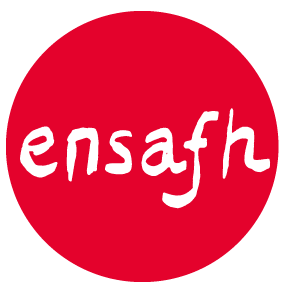 [frije oersetting — wol in frekt frije oersetting, haw ik noed, want inkeld it opskrift mei noch wat lykje — fan Para os braços da minha mãe fan Pedro Abrunhosa]
[frije oersetting — wol in frekt frije oersetting, haw ik noed, want inkeld it opskrift mei noch wat lykje — fan Para os braços da minha mãe fan Pedro Abrunhosa]
‘k Kaam by de ein fan ‘e strjitte
Neat as legens temjitte
De wrâld waard my fierste wiid
En oars like er sa lyts
Want by ús heit op ’e fyts
Hie ’k oars nea brek oan piid
Lês fierder by Jaap Slager… Lês fierder
